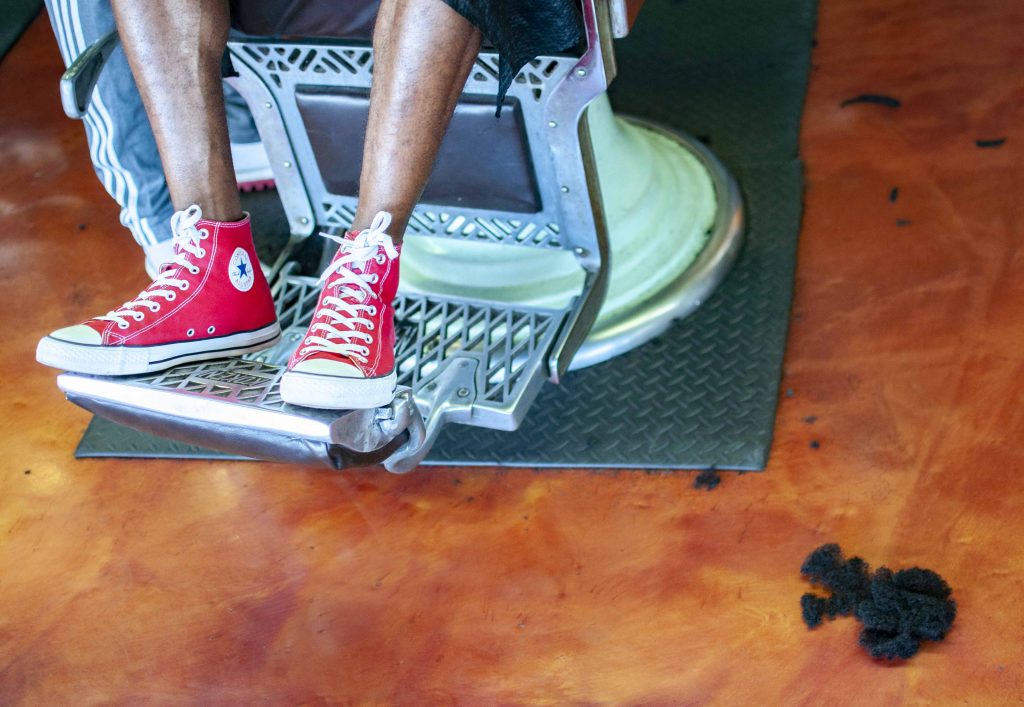A statue of a Confederate soldier is situated at the doorstep of the campus.
It is inscribed with the following: “To Our Confederate Dead, Albert Sidney Johnston.” Looking into the distance, the soldier holds a rifle at his side.
Across from it is arguably one of the most pristine buildings on campus, Ventress Hall, with a 12-foot-high Tiffany stained-glass window inside dedicated to Confederate soldiers. The namesake of the same building, James A. Ventress, notably known as the “Father of Ole Miss,” was a slaveholder, yet his actions remain overlooked — and he isn’t the only one.
Some of the most abhorrent symbols are often forgotten, barring Ole Miss’ racist roots and buildings associated with white supremacists and those that honor “notable” politicians.
Former U.S. Senator and governor James K. Vardaman rose in ranks based on racist politics and white populism, calling for the lynching of black people to maintain white supremacy. Then, there are buildings such as George Hall, Trent Lott Leadership Institute and Lamar Hall associated with similarly problematic figures.
For decades the university has been embedded with a legacy of racism and prejudice, and while administration has taken measures to try to erase or attempt to acknowledge these issues of injustice, it hasn’t done enough.
The university will never stop clinging to those symbols — no matter how many more racially motivated instances occur; or how repugnant the actions of the men with buildings named after them were, who fought to keep people like me enslaved and invisible; or how racist the remarks are of high-ranking donors who have a long history of making these remarks, dismissing the humanity of black people. Their comments are neglected because of their status and significance.
Going back to the historical context of the Confederate monuments and symbols on campus, a Lost Cause ideology was used to shape the creation, dedication and defense of the monument. The Lost Cause movement emerged in the 1880s and 1890s, claiming that it chronicled the Confederacy’s demise, but it really reinforced white supremacy.
What’s not new, and will never be new, is that racial incidents are a part of everyday life for some students, faculty and staff.
A glance at the disorderly uproar on campus in 2012 led by a group of students in opposition to the re-election of former President Obama can illustrate that hate. Another example is the 2014 incident in which a Confederate flag and noose were tied around the James Meredith statue.
After each incident, the severity of racism is forgotten — until another incident happens, and then everyone but administration is obligated to call for action.
The voices of today’s leaders caused the Mississippi state flag to be taken down. Occupy the Lyceum, a student-led protest in response to Jordan Samson’s comment about the riots in Charlotte, too, showed the resilience of those youth after administration’s failure to appropriately respond to the incident. After Ed Meek’s offensive comments, a group of faculty, staff and graduate students penned a letter to administration calling for the renaming of the journalism school to honor feminist and anti-lynching civil rights activist, Ida B. Wells-Barnett, creation of scholarships for black women studying journalism and the removal of the Confederate statue on campus.
A step forward to erase the university’s racist past should not stop at the contextualization plaques. It shouldn’t be the sole responsibility of a group of people who are below administration to demand change.
And while the racism and discrimination on campus has diminished over time, it will never be completely gone or forgotten. Students, faculty and staff of color will always remember the everyday racism, microaggressions and discrimination at the same institution that made them feel unsafe, an administration that was oftentimes slow to act upon discrimination and chose to brush it off because capital and racist symbols mattered more.
Though it may be hard to recognize our own prejudices and to act against them, and while it can be hard to grapple them in our daily lives, it is when internalized elements of oppression are not addressed that we, yet again, fall three steps back.
It is time to further the conversation.
Ethel Mwedziwendira is a senior journalism and political science major from McKinney, Texas.
















